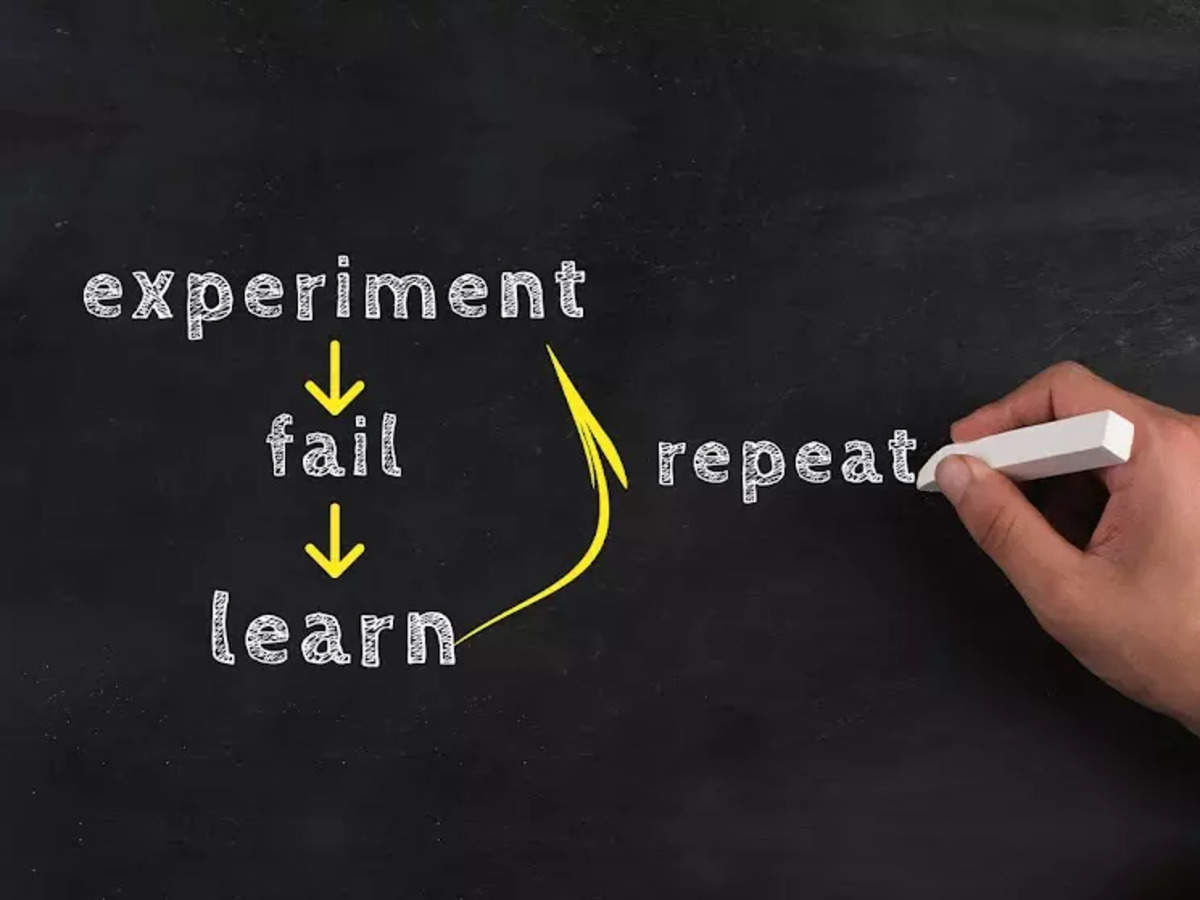
Illustration by Zeyd Anwar
The Labour Party can win elections. After four defeats and eleven years out of power, that feels like a controversial statement. But just as the Conservatives have dominated British politics for the past decade, Labour dominated the one that preceded it.
Labour can return to power. But to do so it needs a better understanding of its challenges and to respond with a clarity and confidence it has previously lacked.
The pessimistic view says that demographic change, Conservative dominance and unforced errors have brought the party to a position from which it may not recover. May’s local elections did little to challenge this view; bright spots in Wales, England’s cities and less-bad-than-feared results in Scotland were outweighed by continued decline in the Red Wall seats of the Midlands and North.
But this ignores that demographic changes contain opportunities for Labour just as for the Conservatives. Labour has to this point learned the wrong lessons and made a string of poor choices, but that need not continue.
It ignores too that the Conservatives have badly damaged Britain. Austerity, Brexit and now the party’s COVID-19 response have all harmed Britain’s economy, society and health. There will be a reckoning sooner or later.
Looking ahead, the Conservatives also have no response to the real world challenges the country will face in the 2020s, Brexit impacts which they cannot admit among them. There is opportunity here if Labour is able to take it.
Labour is hampered by its failure to respond to demographic and social changes that have transformed politics over the last ten years.
Fifty years ago, Labour could rely on a majority working class voter base and strong party affiliation to win a swathe of seats across England, Scotland and Wales. That world no longer exists and is not coming back.
Labour’s vote has shifted from majority working to middle class over decades — by 2010 it won a million more middle class votes than working class; by 2019 it was two million — but its crisis of support in the working class even now should not be overstated. Labour still wins more votes than the Conservatives among working class households once pensioners are excluded.
Nonetheless, economics and class have become less important as drivers of voting intention over time, replaced by education, housing tenure, age, diversity and views on immigration. At the same time, attachment to party has fallen. In 1990 over 50% had a strong affiliation to a political party; by 2010 it was less than a third.
The result was a pool of voters whose willingness to shift party led to the volatility of the next ten years. Many voted Liberal Democrat in 2010, UKIP in 2015 and Conservative in 2019, explaining the hung parliaments and small majorities of 2010-2017 before Boris Johnson won a significant majority in 2019.
Values are now as important as economics as a determinant of someone’s vote, according to political sociologist Paula Surridge. It is not that a party’s position on economics has become irrelevant, but where a party positions itself on the values spectrum — from social authoritarian (equal to 2016 Leave voters) to social liberals (Remainers) — is just as important. The result is nine values groups — left/centre/right for the economic scale and liberal/moderate/authoritarian for the liberal-authoritarian scale.
Labour’s response to the rising importance of values has largely been to pretend that it is not happening, a reaction to the fact that its old voter base is split on values but more unified on economics. If we can only get the economics right, the theory goes, voters will put aside values concerns and come home to Labour.
Ed Miliband sought a half way house on immigration and accepted austerity — making himself unpopular with progressive voters — and Jeremy Corbyn bent over backwards to avoid taking a clear position on Brexit. Both lost badly, shedding voters (Miliband to the SNP in Scotland, Corbyn to Leave and Remain parties in England) that have proved hard to win back.
Labour’s problem, says Stephen Bush, is that current leader Keir Starmer is following their lead. Starmer, he says, “is attempting to marry economic radicalism with relative silence on culture war issues”, but there is no reason why “an approach that failed for Corbyn and Miliband [will] work for Starmer”. Labour “cannot win if its policy on cultural issues is to not have one.”
Instead Labour should do as former leader Tony Blair advocates — take a clear position on culture war issues in favour of fairness, equality and progressive values, but stay clear of the radicalism of some of the movements that espouse those values. “Make a virtue of reason and moderation”, says Blair, but “be intolerant of intolerance”.
Labour should recognise the continued importance of economics in determining voting intention in the Red Wall as elsewhere. Recent polling found that Red Wall voters were only marginally more conservative on cultural issues than voters elsewhere; economics still plays a pivotal role.
Polling in 2019 gave the same message. Labour’s loss of left authoritarian voters was just as much a response to Johnson’s pledge to level up the country and improve public services as it was a result of Brexit. Labour’s failure to understand that left and right authoritarian voters — or Labour and Conservative Leavers — differ in their views, motivations and values has cost them, hampering their ability pitch to left authoritarian voters and holding them back from making an appeal to left liberals.
Labour’s solution, says Surridge, is to unify the left liberal vote, winning voters from the Liberal Democrats and Greens, while bridging across to left moderates and authoritarians. Doing so will require a clear economics offer which can outpace Johnson’s levelling up and public services offer. It will mean opposing Brexit harms and proposing a sensible compromise which would ease trade, end tensions over Northern Ireland and reintroduce mobility for service sector workers and travellers. It will mean credible positions on systemic racism, climate change and gender politics.
Labour’s over strong focus on left authoritarian voters also hampers its ability to win voters elsewhere. There are five million right or moderate liberal voters, for example — ‘Conservative Remainers’ — who in 2019 stuck with Johnson out of fear of a Corbyn government. They may vote for a more centrist — both in economics and values — Labour Party under Keir Starmer.
There are signs that these voters are abandoning Johnson — but evidence from May’s elections shows them as likely to vote Green or Liberal Democrat as Labour. All three won council seats from the Conservatives in the South and West. To have chance of forming the next government Labour needs to be the primary beneficiary, not one of three. Current polls tell a similar story.
Labour could make inroads into the business community. Business was cast adrift by the Conservatives over Brexit. Both manufacturing and services sector businesses lost out; services exports shrank by £110bn between 2016 and 2021; the sector effectively received a No Deal Brexit. Goods trade fell 23% in the first quarter of this year. This does not only limit trade and national income, it cost livelihoods and businesses.
Labour could pick up votes in the small and micro business sector. Two million company directors have been excluded from furlough support since the start of the pandemic. Pressure group ForgottenLtd found that two thirds of their members are former Conservative voters. Only 2% would now consider voting for the Government — but most say lack of support from Labour leaves them politically homeless. There are votes there for the taking.
Brexit, culture wars and the pandemic have disguised the real-world challenges Britain faces. As the pandemic and any post-pandemic recovery fade, the all too real economic and social challenges facing Britain will become increasingly evident.
Many of these are of the Conservatives own making. Brexit is forecast to cut GDP by 4% a year — equal to £90bn a year or £1,300 per person. That means fewer good jobs, especially in the struggling towns that switched to the Conservatives in 2019, and less to spend for both individuals and Government, which will need money for the NHS, social care, and levelling up.
As the vaccine bounce fades and we move beyond the pandemic people may take more note of how much worse our outcomes have been than in other nations, both in public health and economics. We have one of the worst per capita death rates in the world, combined with one of the worst economic outcomes.
“Failure to control pandemic and inequalities made England worst affected in Europe,” argued the British Medical Journal recently. Conservative austerity worsened inequalities before the pandemic. Johnson failed to control it. Labour should ask why, and propose a robust set of defences for the next inevitable pandemic.
Looking further ahead, the 2020s are a decisive decade for the UK, says a report from the Resolution Foundation and Centre for Economic Performance of the London School of Economics. The country will have to grapple with recovery from COVID-19, the aftermath of Brexit, an ongoing technological revolution and the transition to net-zero emissions of greenhouse gases. We will do so from a base of stagnant productivity, high inequality, rapid ageing and high debt.
The Conservatives have failed to prepare the UK for these challenges. Countering them will, says Martin Wolf in the Financial Times, take “far-sighted policymaking and resource mobilisation by a competent political and administrative machine in a supportive relationship with a dynamic private sector.”
Wolf does not expect such a response from the Conservatives. They require “policy, not gestures, and respect for reality, not slogans”, yet gestures and slogans are Johnson’s stock in trade. Post pandemic, with an economy shackled by poor productivity, Brexit harms and pandemic failures the country will be ready for a party able to articulate the challenges we face and solutions of the calibre and reach to meet them.
Labour can be that party if it is willing to look beyond the past to a better future. Social democracy has always won when it has been ambitious, when it has offered a programme to meet the challenges of today and a vision of a more equitable future. Labour can be that party, but it will have to do the work to get there.


